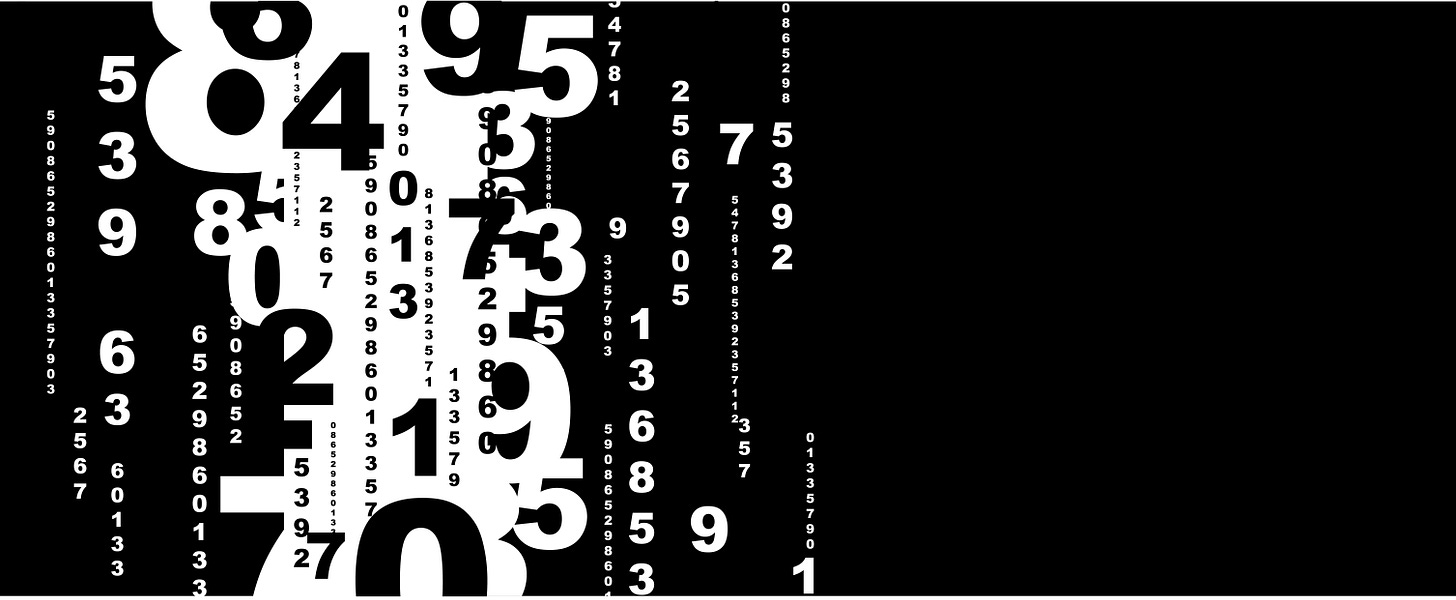Strengthening our creative constitution: write more words, create more space
We can't take an elevator to the top of the mountain, but we can grab a rope
The thing I love/hate about writing is that, as a general rule, it takes a lot of time to get your stride. There are exceptions, but writing savants are rare. There’s simply too much nuance to grasp quickly.
Finding your voice and delivering from that voice confidently and consistently takes time.
That doesn’t mean writing well isn’t possible with less experience. But when I think of writing that endures and cuts across the limitations of genre and time … writing that takes its time and reflects something vulnerable, it’s not about fancy words or technique. It’s about trusting voice, being concientious and true.
That said, if we want to be good—however we define that—we can fold time one way: by writing more words. By creating more space.
Just tap tap tap. Of course, in the typing it’s good if something comes along that is interesting to say, and such things don’t arrive every day. You’ve got to wait a couple of days sometimes... So, tap tap tap...
—Charles Bukowski
When we get going, we know we’re doing the work.
I recently met with a scholar and new friend about an aspect of my historical novel and found out I had a few things wrong. It was a strange feeling, unraveling the mystery and also coming closer to the story. The trick now is figuring out which story to tell.
As I chip away at this draft of my novel, I know I am headed in the right direction, but I’m in no hurry. In fact, I am more inclined than ever to erase and redo, erase and redo. 30,000 words can be pared back to 19,000 words before I get to 24,000 words. It’s a slog, but it’s a delightful slog.
And, to be honest, it’s more rewarding than what I used to do (glimpse: write without a care, have a very shaky first draft, skim and edit lightly, think it’s genius because I can’t get distance from it, then send out into the world only to have it propelled back toward me with clarifying rejections).
The solace I’d like to offer anyone reading this who is working on their own project with an occassional nagging critical voice: Let’s think of every word, every meditation, as a desposit into an account that is strengthening our creative constitution.
Even if we delete words, each one has taken us somewhere closer to where we are going.
For subscribers, this is going to be the theme of our writing session together on June 21st. We will play with words and experiment with a few timed prompts that will challenge our notion of what a writing session can look like. Hope to see you there.
Jen Faith: This is why I write, to look deeply into our human shadows in order to find the light and bring it to the surface; to find the in-between spaces where we humans rise above our collective suffering.
Jen McConnell Doron: What I don’t get about people using AI for creative writing is ”to make it easier” is that I don’t WANT it to be easier. Wrestling with words, coming up with new ways to express what can hardly be expressed, that’s what I love about writing even though it’s heartbreakingly difficult at times. Maybe AI can write a story but it can’t write MY stories.
Mark Burns: I write because I cannot sing.
Ryann Marie King: If someone uses real thoughts and words and expressions, I am celebrating them.






